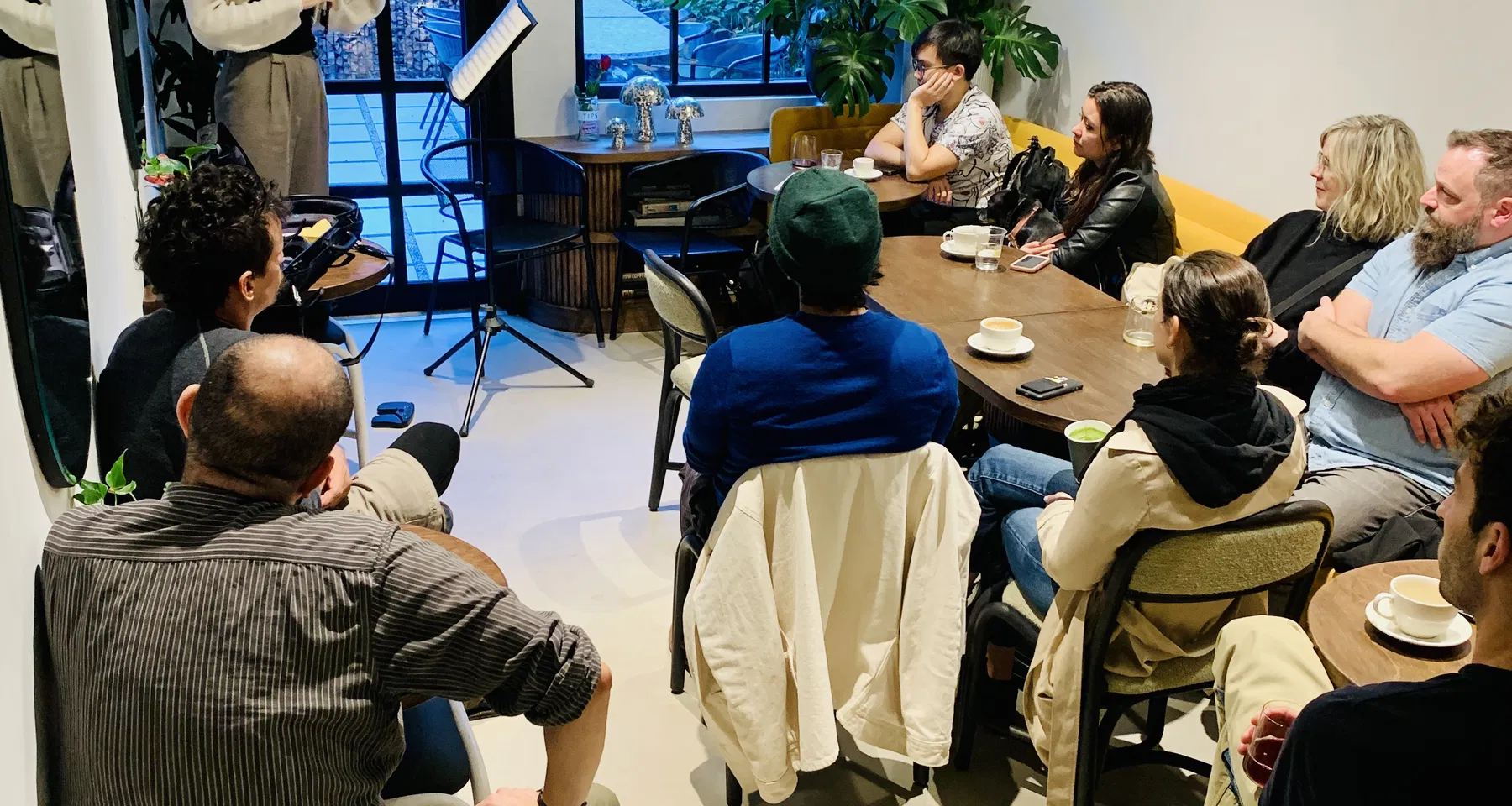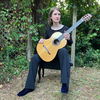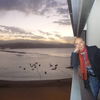

- Bring your own drinks
- Alcoholic and non-alcoholic drinks provided
-
Wheelchair access
- Wheelchair Accessible
This is a groupmuse
A live concert in a living room, backyard, or another intimate space. They're casual and friendly, hosted by community members.
Host
This is a no shoes household, so please leave shoes at the door.
What's the music?

Mertz: Barcarole, Op. 41
Carulli: Duos Nocturnes #1, Op. 189
Sor: Introduction & Variations On A Theme By Mozart, Op. 9
BREAK
Bartók: 8 Improvisations on Hungarian Peasant Songs, Op. 20
Sardelli: Wintertag
Vivaldi: Concerto In D Major, RV93
Where does this music come from?
Program Notes:
Joseph Kaspar Mertz (1806-1856) was an Austro-Hungarian guitarist and composer. This guitar + piano version (Op. 41) of Barcarole is a collaboration work of J.K. Mertz (guitar part) together with his wife Josefine Mertz; the version for 2 guitars is by J.K. Mertz. A barcarole is a traditional folk song sung by Venetian gondoliers, or a piece of music composed in that style.
Ferdinando Maria Meinrado Francesco Pascale Rosario Carulli (1770-1841) was an Italian composer for classical guitar and the author of the influential Méthode complète pour guitare ou lyre, Op. 27, which contains music still used by student guitarists today. Although Carulli had grown up playing the cello, when he discovered the guitar at age 20 it was love at first sight, and he decided to dedicate his life to it. Without a teacher, he developed his own playing technique and went on to compose more than 400 pieces for his favorite instrument.
Fernando Sor (1778-1839) was a Spanish classical guitarist and composer of the early Romantic era. This is one of Sor's most famous works for guitar. It was first published in London in 1821 and dedicated to Sor's brother Carlos. This piece embodies Sor's best characteristics as a composer, requiring great technique. It is a relatively frequently performed piece that serves as a “testing ground for every aspiring guitarist.” As said of this piece and Op. 7, the Folies d’Espagne, by Brian Jeffrey, author of the largest Sor biography to date, “no space is wasted and the music devotes itself not to “guitaristic” effects but only to itself.”
The program continues with Bela Bartók's 8 Improvisations on Hungarian Peasant Songs, Op. 20. Bartók was an avid collector of songs; one might consider him something of a musical anthropologist. But he did not just record the songs. He then used them in his own compositions, creatively rearranging what he heard. There might be a snippet in one spot that is not completed until measures later, among other devices; these works are meant to sound like they are improvised. His treatment of these eight songs, completed in 1920, starts relatively lean but then the complexities grow, until in the final three pieces, you will hear what is Bartók's most demanding writing for the piano. The seventh piece was written as a tribute to Debussy, who had died about two years earlier. This dirge was played in Paris at a memorial to Debussy, with a powerful effect on the audience.
Federico Maria Sardelli (b. 1963) is an Italian conductor, historicist, composer, musicologist, comic artist, and flautist. He founded the medieval ensemble Modo Antiquo in 1984. WIntertag features hypnotic repeated motifs and undulating rhythms that shift the accent of the beat around to unexpected places, and create a trance like effect not entirely dissimilar to Phillip Glass and Steve Reich works.
Antonio Lucio Vivaldi (1678-1741) was an Italian composer, virtuoso violinist and impresario of Baroque music. Along with Johann Sebastian Bach and George Frideric Handel, Vivaldi ranks amongst the greatest Baroque composers and his influence during his lifetime was widespread across Europe, giving origin to many imitators and admirers. The Lute Concerto in D major, RV 93, is one of four works featuring the solo lute, 2 violins, and basso continuo. Vivaldi wrote the piece in the 1730s, a period in which he wrote two of his other works featuring the lute: the trios for violin and lute in G minor and C major. Liz plays a guitar arrangement by former teacher Michael Newman, while Georgi plays the original harpsichord part on the piano.
Location
Exact address sent to approved attendees via email.
This is a groupmuse
A live concert in a living room, backyard, or another intimate space. They're casual and friendly, hosted by community members.
Host
Attendees







 Continue with Facebook
Continue with Facebook
 Continue with Google
Continue with Google
 Continue with Apple
Continue with Apple
Comments
Comment sections are only for participants.